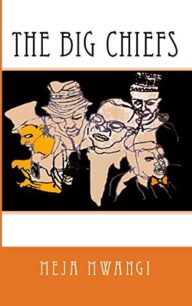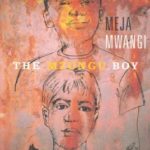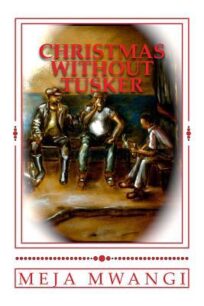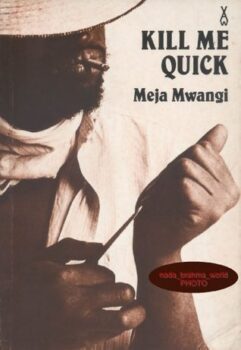Men would talk, as men always do, about love and money and power and politics and, acting learned, they would try to outdo one another with their knowledge and their understanding of the political realities and the absurd policies, that bred hate and poverty and genocides. They would ask themselves and one another questions that were often impossible to understand and even harder to answer. Did bad politics breed poverty or did poverty breed bad politics? Did the displacement of a mass of people and the murder of a few hundred fellow countrymen, in order to take their land and live-stock, count as a clash or as genocide? Was the deliberate starvation of a few thousand dissenting nomads and rebellious rebels politics or genocide? Opinions were many and varied. Friends discussed the issues with great passion and fervor and sometimes came to blows over their views.
“That’s not genocide at all,” a wise fool would declare with dire conviction. “That is a tribal clash, a mere saber rattling, a settling of old scores, a balancing of the books, as it were, ha-ha-ha-ha. Such things are normal here, you know. Ha-ha-ha-ha.
The old man loves the boy too much to tell him a lie. The girl loves the boy too much to tell him the truth. And the boy loves them both too much to heed their fears.




